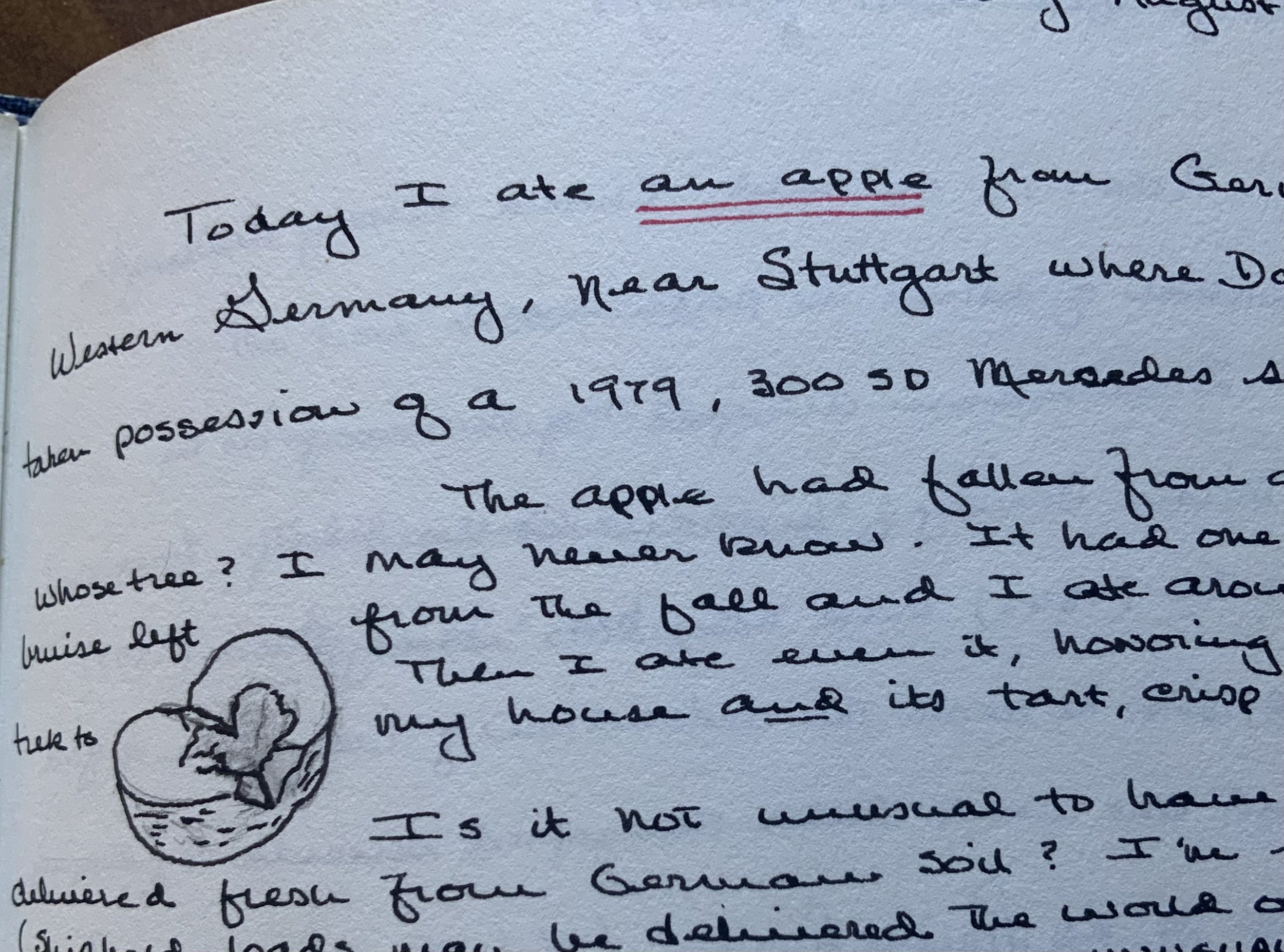#67 A WOMAN'S BRIEFS: DAY NINE -- EASTER SUNDAY
In 1989 I wrote this essay and with it, two poems. I shared one, “Mary’s Anguish” yesterday. The other was used as a congregational reading. It began this way:
There is a heartbeat heard only by God,
and rejoicing angels, and insects in the darkness of a death-cave.
I do love that second poem. If you ask me for it, I’ll send it to you. But today, the essay is more than enough.
EASTER 1989
Easter. The RANDOM HOUSE DICTIONARY, Second Edition, says Easter is a Christian holiday commemorating the resurrection of Jesus Christ and is observed on the first Sunday after the first full moon after the vernal equinox, as calculated according to tables based in Western churches on the Gregorian calendar, and in Orthodox churches on the Julian calendar.
Well, yes. In his book, The Discovers, Daniel J. Boorstin summed up the Christian calendar problems in this telling but sad way, “ . . . the Christian world, supposedly held together by a Prophet of Peace, has not been able to agree even on the date to celebrate the resurrection of its savior.”
Complications of this holiday proved plentiful and embarrassing, leading to one of the earliest schisms between the Eastern and Roman church—simply by setting the date. I suppose we can say it all began with Dionysus Exiguus, a sixth century monk, mathematician, and astronomer. Exiguus tried but failed to place the date of Easter. He did, at least, succeeded in giving us the term, Anno Domini.
The word, Easter, from the old Middle English, comes from Ester, a heathen festival held at the vernal equinox in honor of the Teutonic goddess of the dawn. The great eighth century historian, Bede, who brought Exiguus’s “A.D.” into common usage, called the goddess, Eostre.
I am not sure where the widespread belief started saying that on Easter Day the sun danced, England, I think, but that the belief was common in the middle ages, and reminds me that truth often comes wrapped tight in a bundle of myth. To say the least, I am somewhat amazed that many Christians strongly protest the quite appropriate “X, chi” the Christ symbol in X-mas, but without a murmur celebrate the pagan term, Easter.
I am not sorry actually. We Christians have plenty else to concern ourselves with besides rescuing pure terms and appearances. That we care about the poor, the oppressed, the spiritually hungry probably matters to God more than our confusion over the name of a holiday we have a hard time keeping Christian. Since being Christian never grants escape from such things as graciousness, kindness, the turning of a confused cheek, the care of sinners—both saintly and heathen, perhaps our time is better used leaving the holiday’s name at ease; though its date, apparently, never will be.





